Photographs relating to the Carlos Villalongin Dramatic Company, a Mexican and Mexican American theatrical troupe.
Carlos Villalongin Dramatic Company Photographs (Primary Sources)
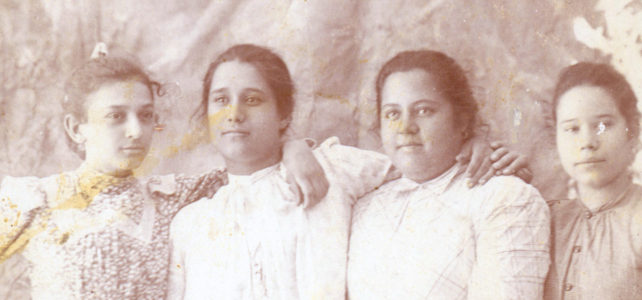


Photographs relating to the Carlos Villalongin Dramatic Company, a Mexican and Mexican American theatrical troupe.
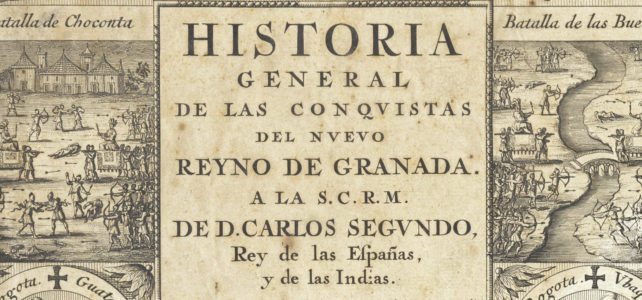
Digitized books in the Benson’s Rare Book Collection encompassing a wide variety of topics relating to Spanish and Latin America, including literature, histories, travel accounts, and secondary sources.
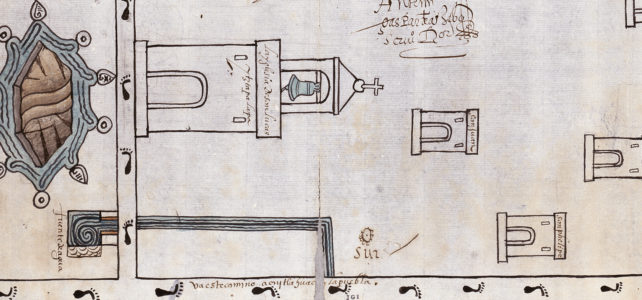
Original manuscripts and maps created in response to the first survey of New Spain mandated by King Philip II. They include historical, cultural, and geographical information about the region in the 16th century.
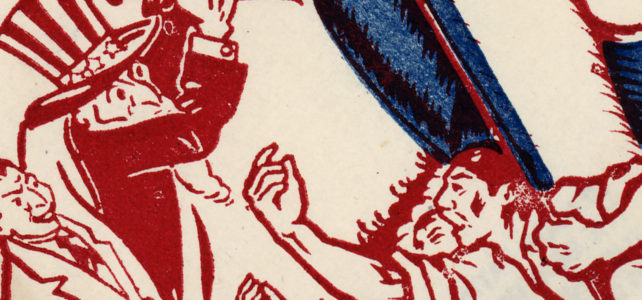
Ephemeral publications collected by Guatemalan bibliophile Arturo Taracena Flores. Most of the publications are “street literature” intended to be read or distributed widely and/or posted in public places, representing a broad range of organizations and interest groups.
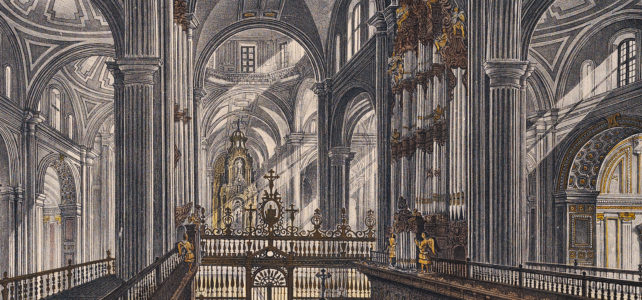
Graphic documents acquired by Genaro García, Mexican historian, educator, lawyer, politician, and bibliophile, relating primarily to the history, politics, and culture of Mexico.
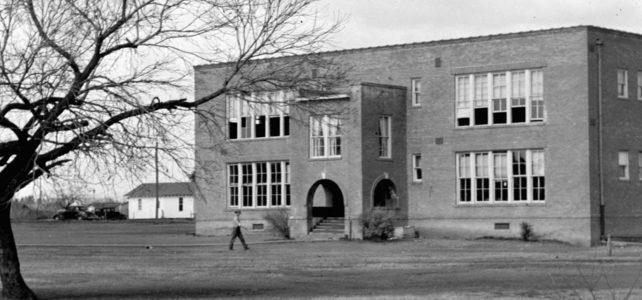
Photographs documenting conditions in Texas schools for Mexican-American children as part of “A Study of the Educational Opportunities Provided Spanish-Name Children in Ten Texas School Systems” (1948), schools in New Mexico, and migrant labor camps in Texas.
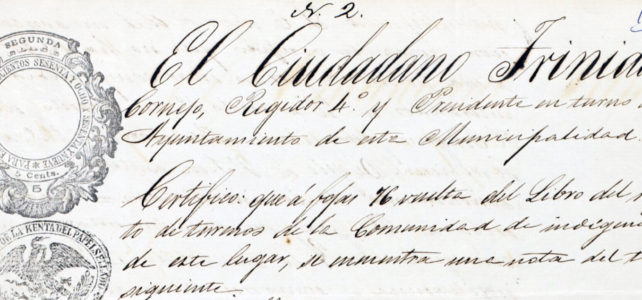
This collection focuses on the privatization of indigenous corporate property in 19th-century Michoacan under liberal Mexican administrations.
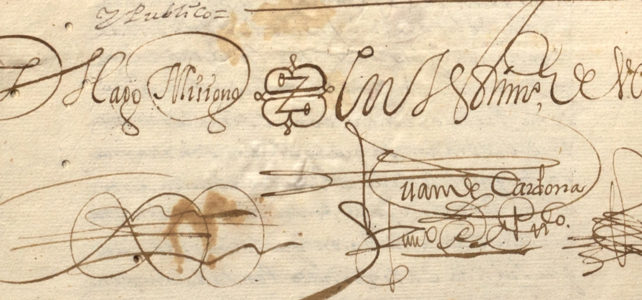
The Royal Archive of Cholula contains the documentation of the old Corregimiento of Cholula, one of the nine “Cities of Indians” that existed in New Spain. This colonial institution functioned as a district seat and had the powers of government, law, finance, and war over Indigenous villages and the Spanish, Black, Mestizo, and Creole populations.

This is a training course designed to teach language documenters, activists, and researchers how to organize, arrange, and archive language documentation, revitalization, and maintenance materials and metadata in a digital repository or language archive.
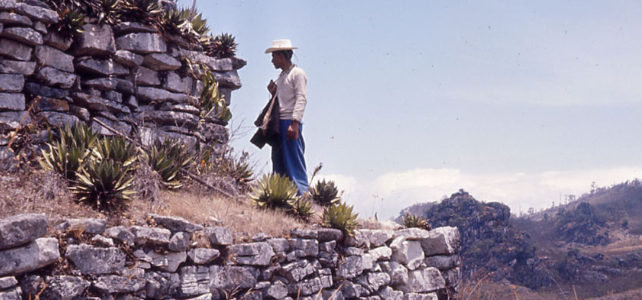
The Archive of the Indigenous Languages of Latin America (AILLA) is a digital language archive of recordings, texts, and other multimedia materials in and about the indigenous languages of Latin America. AILLA’s mission is to preserve these materials and make them available to Indigenous Peoples, researchers, and other friends of these languages now and for generations to come.